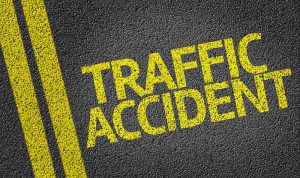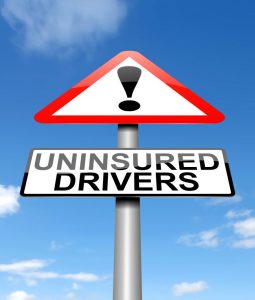Most drivers realize that driving under the influence of alcohol and operating a vehicle while trying to read, write or send a text message poses a severe danger to themselves and others on the road with them. However, many drivers do not understand that driving in a sleep-deprived state is just as dangerous.
According to the Centers for Disease Control and Prevention, drowsy driving makes it harder for drivers to pay attention to the road and it slows their reaction times. Driving in a sleep-deprived state also negatively impacts a person’s ability to make decisions behind the wheel. These effects closely parallel the impairment caused by alcohol consumption.
The extent of the problem
Drowsy driving is a problem that threatens the lives of passengers, pedestrians and drivers throughout the country on a daily basis. According to the CDC, it is estimated that in 2013, drowsy driving was responsible for 800 fatalities, 44,000 injuries and 72,000 car accidents. However, these estimates are believed to be conservative, suggesting that thousands of additional fatal car crashes could be caused by drowsy drivers on an annual basis.
Nationwide, a large proportion of adult drivers admit to drowsy driving. According to a poll conducted by the National Sleep Foundation, 37 percent of drivers admitted to having fallen asleep behind the wheel and 60 percent of the participants reported that they had driven while feeling sleepy within the past year.
40+ years of experience from strong, knowledgeable, compassionate attorneys.
Start A Free EvaluationDrivers most at risk
Although drowsiness can affect drivers across all demographics, certain groups are more likely to operate a vehicle in a sleep-deprived state than others. These include commercial drivers, those who work at night, people who use medications that make them feel drowsy, and drivers with untreated sleep apnea or other sleep disorders.
We know you’re hurting. We can help. Free case evaluations, home and hospital visits.
Contact Us Now For HelpThe warning signs of drowsiness
When drivers start to feel drowsy behind the wheel, there are many signs that indicate they should stop and rest. The NSF states that these include some of the following:
- Problems focusing on the road ahead
- Issues remembering the last few miles that were driven
- Feelings of restlessness and irritability
- Heavy eyelids and frequent blinking
- Wandering thoughts or constant daydreaming
All too often, drivers ignore these common warning signs of drowsiness and continue to drive, ultimately cause accidents that kill or serious injure themselves or others. Anyone who is injured by a drowsy driver may benefit from reaching out to an attorney who can help them protect their legal rights and pursue compensation for the harm they have sustained.









